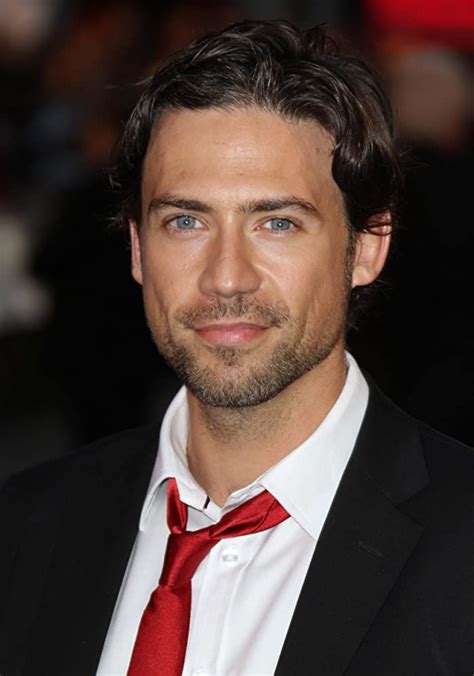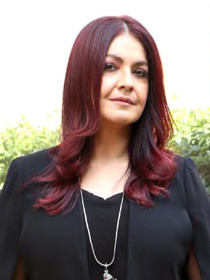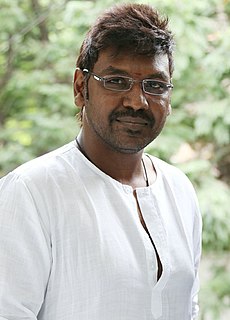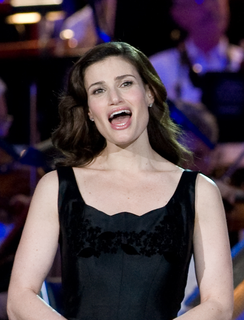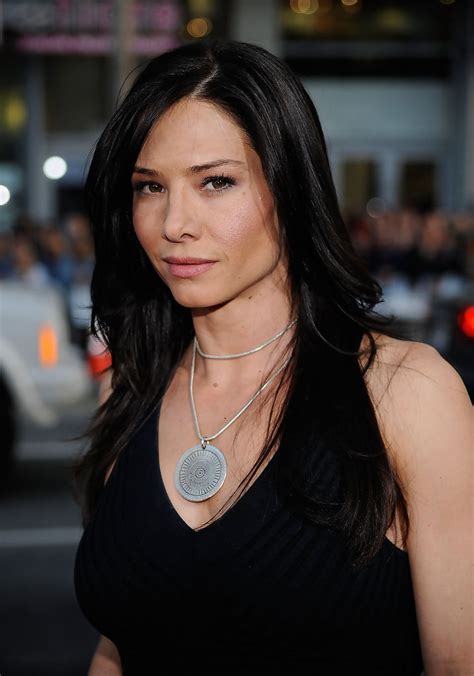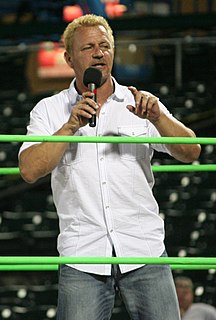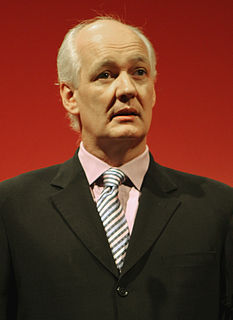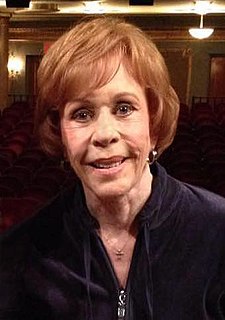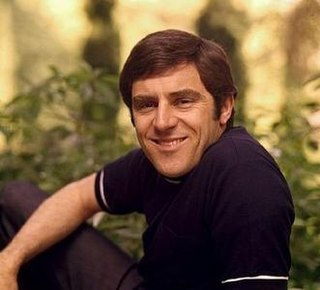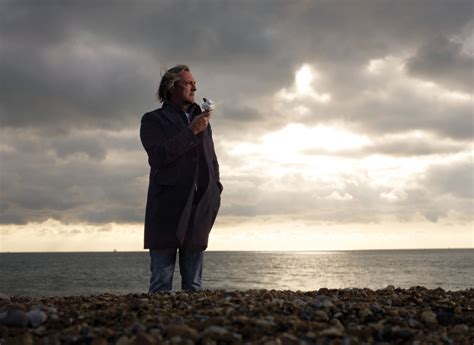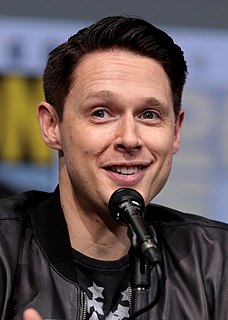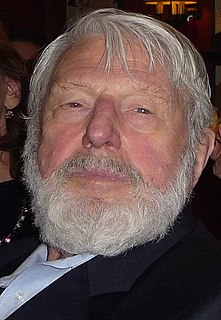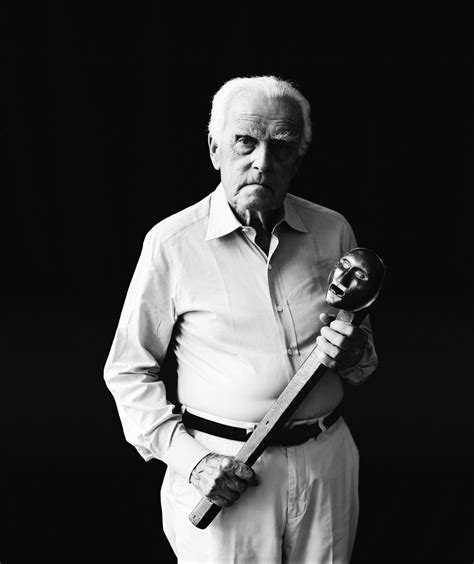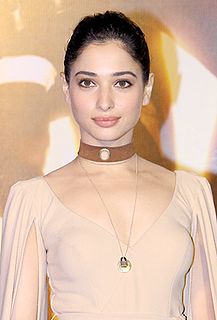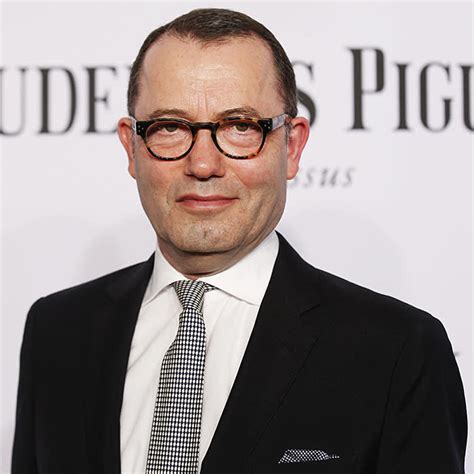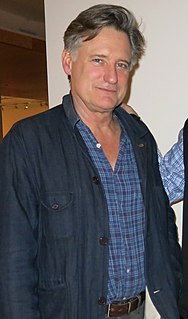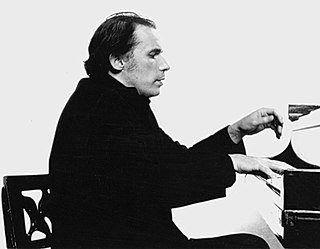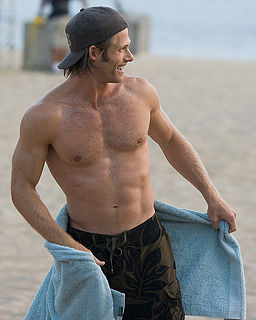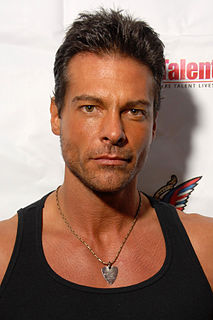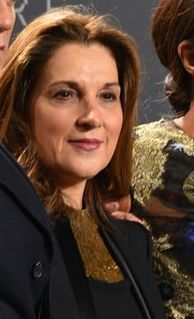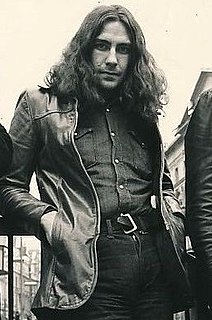Top 1200 Audiences Quotes & Sayings
Explore popular Audiences quotes.
Last updated on April 14, 2025.
I really believe at the end of the day, regardless of how noble you are or how patriotic the film might be, it has to serve as entertainment in order for your audiences to come into the theatre and watch it. Otherwise, audiences will wait and see it a few months later when it is premiered on television.
In the '50s, audiences accepted a level of artifice that the audiences in 1966 would chuckle at. And the audiences of 1978 would chuckle at what the audience of 1966 said was okay, too. The trick is to try to be way ahead of that curve, so they're not chuckling at your movies 20 years down the line.
Animation, for me, is a wonderful art form. I never understood why the studios wanted to stop making animation. Maybe they felt that the audiences around the world only wanted to watch computer animation. I didn't understand that, because I don't think ever in the history of cinema did the medium of a film make that film entertaining or not. What I've always felt is, what audiences like to watch are really good movies.
When I lived in London when I did 'Wicked' there, everyone told me the audiences might be much more reserved, but I found it was completely the opposite. They jumped to their feet sooner, even more enthusiastically than the New York audiences did, and they were just as warm and as enthusiastic and supportive as New York.
What happens is people - especially, I think, audiences in the United States - people confront new things a little bit afraid. It's like when you're a kid and your mother puts something on your plate you never ate before. I think that American audiences are very much like that, and when they can accept something new they can accept the next new thing, it's incredible. And what happens is that their expectation of what things should be is elevated, and that's really terrific for us.
Well, the coffeehouse audiences never know what they're going to get, and all the comics are different, as opposed to when you go to a club, and they're pretty much all telling jokes with set-ups and punchlines. Coffeehouse audiences are the most forgiving: They really listen, which is the best part.
If you address yourself to an audience, you accept at the outset the basic premises that unite the audience. You put on the audience, repeating cliches familiar to it. But artists don't address themselves to audiences; they create audiences. The artist talks to himself out loud. If what he has to say is significant, others hear & are affected.
I know, that trends and all of those things and formulae that calculate what audiences want to see and what audiences don't want to see and various other demographic demarcations are the eccentric and ludicrous prerogative of Hollywood studios. But out there in the real world - by which I mean the rest of the world where we make truthful organic films, independent films unimpeded by interference - it's not about all those sort of calculating what is commercial. It's about wanting to say things and saying them in a way that will get through to people.
I think the painted backgrounds in animations are absolutely stunningly beautiful. There's something really special about this medium. I don't believe audiences have grown past it. I think what audiences love is to be entertained-thoroughly, deeply entertained, and that's what I've always set out to do.
Audiences of critical thinkers are my favorite kinds of audiences. There are jokes I tell in the show that don't get laughs unless I am in front of an audience of critical thinkers. Put me in front of a crowd of science teachers or astronauts! The guileless aren't our audience - it's the critical thinkers we love.
Minimalism seems closest to the sophisticated storytelling of movies. Movies have really educated contemporary audiences to be the most intelligent, sophisticated audiences in history. We don't any longer need to have the relationship between one scene and the next explained. We will figure it out ourselves.
Watching first nights, though I've seen quite a few by now, is never any better. It's a nerve-racking experience. It's not a question of whether the play goes well or badly. It's not the audience reaction, it's my reaction. I'm rather hostile toward audiences?I don't much care for large bodies of people collected together. Everyone knows that audiences vary enormously; it's a mistake to care too much about them. The thing one should be concerned with is whether the performance has expressed what one set out to express in writing the play. It sometimes does.
You can't make theater happen without actors. The actor is the central ingredient in making theater happen. Audiences may come to theaters to see the work of stage managers, directors and producers, but the only people who can communicate theater magic to audiences, through ideas and emotions, are the actors. They are the only ones who can communicate this by themselves, and if necessary, they can get along without you. But you can't make theater without the actor.
If it's too much for people, if audiences don't accept it, well I guess that's just the way it is. I'm not being cavalier when it comes to my financial partners, but I think I've earned the right to do my thing my way. While I really want it to do well and it would be lovely if it's popular, movies are for a long time. I'm really proud of the piece. If it ends up not connecting with audiences, I won't be heartbroken. I'll be a little disappointed, but I won't be heartbroken.
I'm no expert in what country artists go through or how country audiences would react, but I'll say that the work I did to put myself in Will Lexington's shoes absolutely led me to believe that it would ruin his career. Meanwhile, I was getting lots of supportive messages saying, "Will Lexington should just come out! It's 2015 already, audiences are going to embrace it!"
When we were doing shows in the mid-'90s, the audiences were 95% black. What's happened now is the gentrification of hip-hop. A lot of cities passed ordinances that made it hard for black audiences to gather in large groups. Clubs are more open to hip-hop now 'cause it's the same crowd that goes to rock shows.
It's a privilege. It's a real honor. It's a challenge. Michael and I always feel we stand on tall shoulders when we make these films. Audiences come to them with a lot of good will because of what's come before. We just try to make the best film we can, each time, and hope that we satisfy the fans. I'm sure, with Skyfall, that we will. I think it's a terrific film. I hope the audiences enjoy it, as much as we've enjoyed making it.
Even our early audiences were very polite. It felt like playing in our living room. I remember the audiences changing in front of me. I remember that distinctly. The way they wore their clothes became different. We got a lot of leather jackets with studs. People's hair changed. The whole look was just a sublime move.






